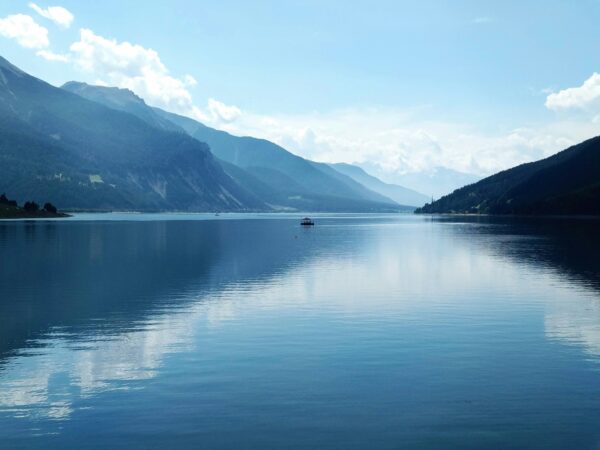Water matters to all of us

We tend to take water for granted around here. After all, it’s right there in our municipality’s name: Kawartha Lakes.
But while outsiders and seasonal residents focus on what our lakes and rivers offer them for recreation, those of us who live here know how critical water is to daily life in a rural community. Thousands of homes rely on groundwater from wells. Farm families also need well water for their livelihoods, especially those who have livestock.
Even the urban areas of Kawartha Lakes, the ones that have treated water from a central source, don’t have an endless supply.
This summer has already offered us a grim look at what months of minimal rainfall means in a community like ours, especially during hot spells when we use more water than ever. By mid-July, the city was already asking people to reduce non-essential uses of water for things like washing cars, watering grass and filling swimming pools.
In its news release, the city noted “The municipality operates 21 drinking water systems that get their water from lakes, rivers, or groundwater (aquifers). These sources rely on rain and melted snow to replenish, which means they can run low during hot and dry weather.”
You wouldn’t think that needed to be reiterated, but again, we are so fortunate in having water all around us that we forget it isn’t infinite. Indeed, researchers have pointed out for years that we have no idea in Canada just how much groundwater we have, where it’s located or how long it will last.
Many of us are already adapting to increasingly unpredictable summers. You may have noticed more homes and especially farms with rain barrels or big water cubes to catch runoff from roofs when it rains.
Sadly, many others continue to behave as if nothing has changed. We still see sprinklers watering lawns — and often neighbouring sidewalks — especially in newer neighbourhoods. As if a stretch of green grass was worth the draw on a precious communal resource.
The water we need for drinking, cooking, bathing and doing laundry belongs to all of us. It’s up to all of us, then, to treat it with care and respect, just as we treat our neighbours.
That means accepting that it’s okay if the car looks a bit dusty or the grass goes brown and crunchy, and not complaining about temporary limits to promote water conservation. To be blunt, those things simply don’t matter when placed against the survival of farmers, whether they operate small-scale market gardens or huge dairy farms.
Even though our lakes and rivers are still lovely, our summers are changing. Our water use needs to do likewise.




